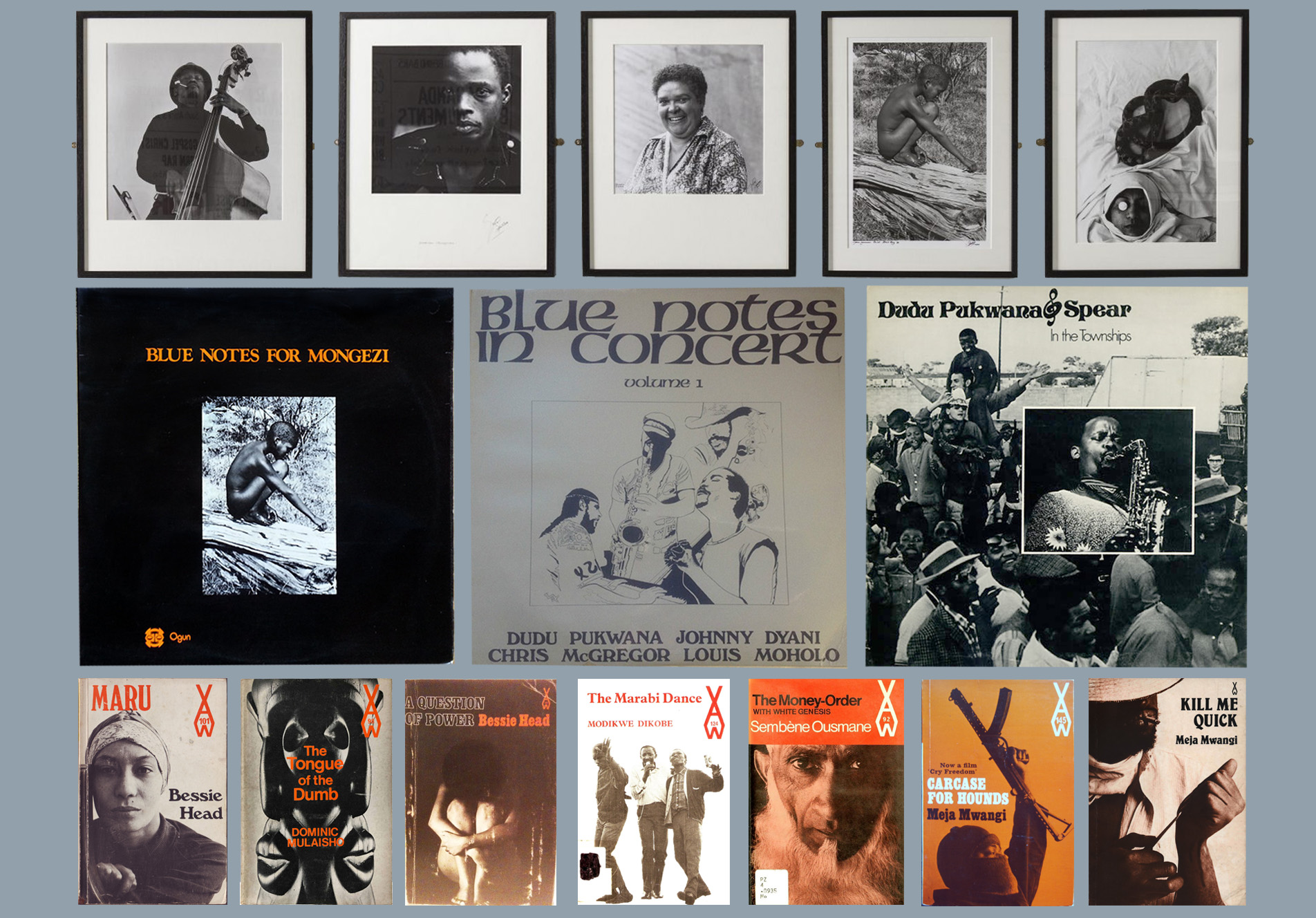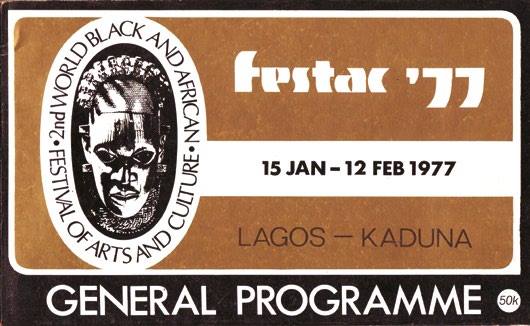Food security – an industry fuelled by massive material resources and expert knowledge aimed ostensibly at managing the world’s food crisis – has shaped how we think about food. Driven by development discourse, and fed by a global food regime wherein the very systems meant to feed us, starve us, its focus, especially when it comes to Africa, is large on deprivation, suffering and oppression. Considering food, cooking and eating are often profoundly creative and pleasurable, the anxiety, despair and sense of victimisation around food is astonishing. All too often what’s missing is the food itself – its complex histories and politics, the science and art of it, as well as its pleasures.
 In this edition of the Chronic we put food back on the table. How do we write ourselves and our lives through food, beyond ideas of scarcity and ‘food security’? Yemisi Aribisala suggests it must be done in close attention to the mouth – to the feelings of words and sounds on the tongue, and to the fingers, too. Rustum Kozain explores the elemental place of bread in social relations and Moses März takes a philosophical look at Fufu pounding.
In this edition of the Chronic we put food back on the table. How do we write ourselves and our lives through food, beyond ideas of scarcity and ‘food security’? Yemisi Aribisala suggests it must be done in close attention to the mouth – to the feelings of words and sounds on the tongue, and to the fingers, too. Rustum Kozain explores the elemental place of bread in social relations and Moses März takes a philosophical look at Fufu pounding.
In an age when what and how we eat are fuelled by the tenets of a global system, Desiree Lewis explores how commodification robs food of its essence as a source of agency and pleasure.
Others challenge the system. Zayaan Khan reclaims the kitchen and pantry as spaces of liberation and Stacy Hardy follows the path of social visionary and agronomist, JJ Machobane in Lesotho of the 1950s. In addition, Harmony Holiday takes a close enduring look at the life and death of Dr. Sebi, placing the radical nutritionist and healer in a long line of black visionary leaders to ask, who will save the saviours?
Inspired by the omnipresence of stock cube advertisements in Dakar, and drawing on the words of the slain revolutionary, Thomas Sankara – “It’s natural that the person who provides you with food will also dictate their will to you” – Adji Dieye’s photo project, ‘Maggic Cube,’ looks at the stock tube, a banal commodity that hides the colonial history of food tastes.
Global geopolitics also play out in money exchanges. Nearly a decade on from the worst postcolonial turmoil that saw their currency devalued by thousands of percentage points, Fungai Machirori observes how ordinary Zimbabweans are adjusting to the bond note, another face-saving tender introduced by the government – pegged at equal value to the US dollar, but not legal outside the country. Crossing borders, Shoks Mzolo and Bongani Kona explore the place of white monopoly capital in South Africa’s political imaginary.
We also continue our ongoing investigation into higher education across the continent – this time Bwesigye Bwa Mwesigire turns the focus to the tensions between students and the administration at the Makerere Institute of Social Research in Uganda – tensions situated in the gap between theory and praxis – and Isaac Otidi Amuke remembers Christopher Owiro, AKA Karl Marx, Kenya’s most popular student activist in the 90s.Other contributors to the issue include: Kwanele Sosibo, Thabo Jijana, Paula Akugizibwe, Akin Adesokan, Harry Garuba, Billy Kahora, Barbara Wanjala, Kodwo Eshun, Saki Mafundikwa, Oris Aigbokhaevbolo, and many more.
This and other editions of the Chronic are available in print and digital versions via the Chimurenga online store and selected retailers worldwide – visit chimurenga.co.za for a full list of stockists.
This issue is produced in partnership with the Heinrich Boll Foundation.
















No comments yet.